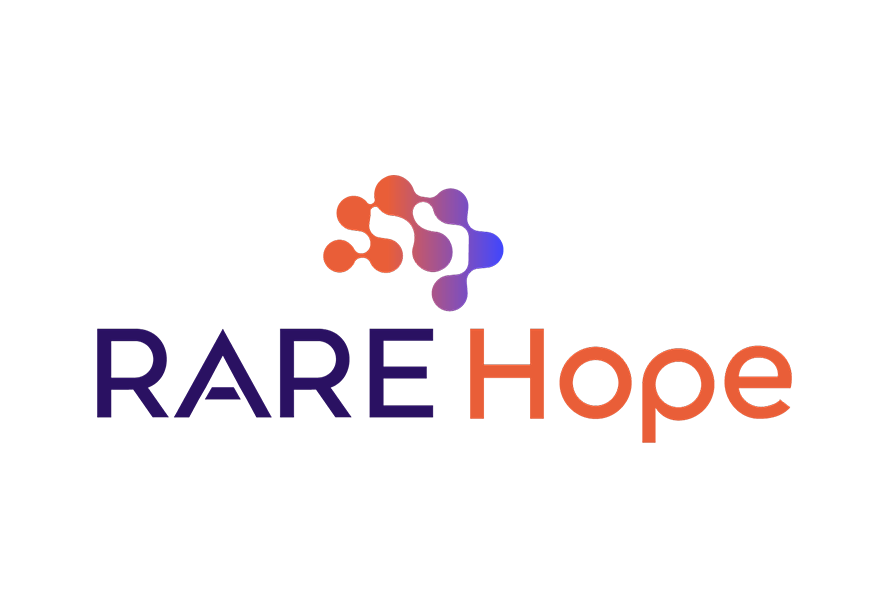RARE Hope (formerly Hope for Annabel)
Patient-Partnered Collaboration
Alternating Hemiplegia of Childhood (AHC) is a neurological disorder caused by an ion imbalance in the brain that prevents the correct functioning of neurons.
Last updated 04/30/2025
Clinical
Disease Class
Cardiac diseases
Neurological diseases
Body Systems
Cardiovascular / Circulatory
Nervous / Sensory
Organs
Brain
Heart
Known Genetic Link
Yes, one or more genes directly cause the condition
causative_genes
ATP1A3
contributory_genes
None specified / unknown
Type of Inheritance
De novo
Newborn Screening
Yes, for some genes
Disease Mechanism(s)
Abnormal channel conductance
Glycosylation disorder
Ion channel dysfunction
Pathogenic mutation
Protein misfolding
Transport defect
Age of Onset
Early childhood (age 1+-5)
Infancy (age 0-1)
Average Age at Diagnosis
Early childhood (age 1+-5)
Life Expectancy
Adulthood (age 18-64)
Affected Sex(es)
Female
Male
National Prevalence
101-1000
Global Prevalence
1001-10000
National Incidence
Less than 10
Global Incidence
Less than 10
Symptoms / Phenotypes
autism
behavioral changes
cerebellar atrophy
developmental delay
hypotonia
movement disorders / ataxia / tremor
paralysis
seizures / epilepsy
Biomarkers
None
Existing Therapies
None
Organizational & Research
Cell Lines
iPSCs
Cell Lines, Institution
Northwestern University
Vanderbilt University
Cell Lines, Involvement
Consulted
Funded
Own
Cell Lines, share
Unsure
Disease Model
C. elegans
Mouse
Disease Model, Involvement
Consulted
Designed
Funded
Own
Disease Model, share
All our disease models are freely available
Clinical Trial Role
Focus group
Funding
Outcome measures, development
Recruitment and outreach, patients
Recruitment and outreach, trial sites/physicians
Study material design, review (not protocol)
Biobank, Institution
Massachusetts General Hospital
Biobank, Involvement
Consulted
Funded
Center of Excellence, Institution
Duke University
Center of Excellence, Involvement
Consulted
Endorsed/Certified/Accredited
Funded
Registry
Yes, we have a registry that we created
Data Collected, Registry
Clinical data
Electronic health records/electronic medical records
Genetic data
Longitudinal natural history data
Medication usage
Patient contact info
Patient-reported data
Data Entered by, Registry
Both
Platform, Registry
Not specified
Natural History Study
Yes, we have collaborated on a natural history study
Data Collected, Natural History Study
Clinical endpoints (outcomes)
Electronic health records/electronic medical records
Medication usage
Retrospective data
Platform, Natural History Study
Not specified
FDA Patient Listening Session
No
FDA Patient-Focused Drug Development (PFDD) Program
No
ICD Codes
We use an ICD-10 code capturing the family of diseases to which our disease belongs
We use an ICD-11 code capturing the family of diseases to which our disease belongs
Diagnostic Guidelines
Yes, we have guidance available on our website
Science Advisory Board Policies
Does not have an SAB
Research Network Policies
Has CRN and willing to share policies
Research Roadmap
Yes we have a Research Roadmap, and will share policies
International Chapters
None
International Partners
Europe
North America
